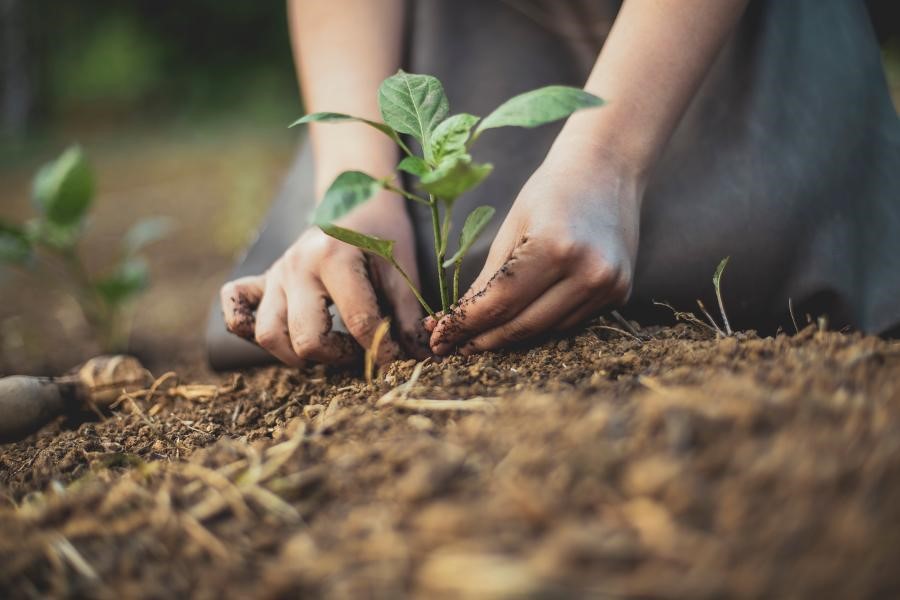An update on the carbon farming discussion in Brussels
 Source: European Commission- https://ec.europa.eu/clima/news-your-voice/news/commission-sets-carbon-farming-initiative-motion-2021-04-27_en
Source: European Commission- https://ec.europa.eu/clima/news-your-voice/news/commission-sets-carbon-farming-initiative-motion-2021-04-27_en
ICOS participated in a meeting with representatives from the European Commission’s Department on Climate Change (DG CLIMA) and Agriculture (DG AGRI) on March 23, discussing details of the way forward for carbon farming in the EU.
As announced in their Communication on Sustainable Soil Cycles from December 2021, the details of which you can read here, the Commission intend to propose legislation before the end of the year to standardise monitoring, reporting and verification methodologies for carbon sequestration and establish a “clear and reliable certification framework” to facilitate the trading of carbon credits.
The Commission outlined that rather than providing detailed criteria for each carbon farming practice, this legislation will establish guiding principles to be met by potential actions and therefore bring symmetry in terms of actions undertaken across existing private markets and publicly funded schemes. These principles include:
- The practice provides for the removal of carbon: The Commission clarified that they intend the focus of this initiative on carbon farming to be only on carbon sequestration practices and not carbon reduction measures – despite such measures being common place in many of the existing public and private carbon farming schemes. This is a critical point which will continue to be debated in the coming months, with many stakeholders interested in the inclusion of carbon reduction practices together with carbon sequestration measures in order to provide opportunities for all farmers and to channel support towards the decarbonisation of the agri-food sector.
- The practice provides additional removals: There will be a need to establish, through comparison with historical data, that the carbon removal achieved would not have happened had the practice not been introduced, and therefore that the practice provides so called “additionality”.
- The removal is permanent: The Commission is debating the idea of introducing a duration of liability for carbon credits, i.e., a mandatory period of time for which the land manager is responsible for ensuring that the CO2 remains in the ground. The Commission suggest that “risk buffers” could also be necessary to insure against potential natural disasters, i.e., that a farmer would sell 60 tons of carbon credits for every 100 tons of carbon stored to provide a buffer in the event that the carbon sink is compromised and therefore the credits are invalidated.
- That the practice does not have negative side effects for the environment or biodiversity.
The Commission expressed the view that carbon credits would take the role of an additional commodity for farmers to sell to the market. Therefore, it would be possible to participate in carbon farming schemes on land supported by CAP Pillar 1 and Pillar 2 funding, as is the case with other commodities. However, “double funding” would of course not be permitted- e.g., specific practices could not be supported by via public funds and carbon credits generated from this also sold to a private market.
Debate is still ongoing on the topic of who exactly could buy the carbon credits and for what purpose. The Commission envision that the agri-food industry should be the first to buy the credits, in order to support the decarbonisation of its own supply chain. Credits could then also be sold to other industries- whether for only marketing purposes or for official offset remains to be seen. Strong opposition is being voiced in Brussels, by NGOs and stakeholders within the EU institutions, on this potential for carbon credits generated by the agriculture sector to be sold to and offset the emissions of other industries. The concern is that this would enable these industries to carry on with climate negative practices by purchasing carbon credits rather than being forced to adopt new practices, contributing to a greenwashing of industry. Alison Graham – European Affairs Executive